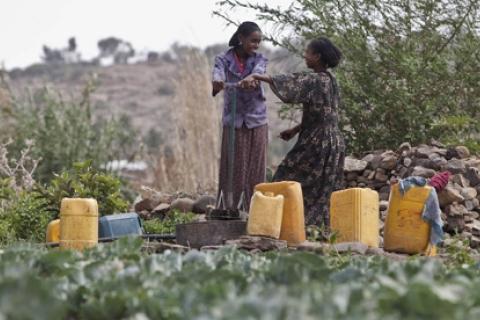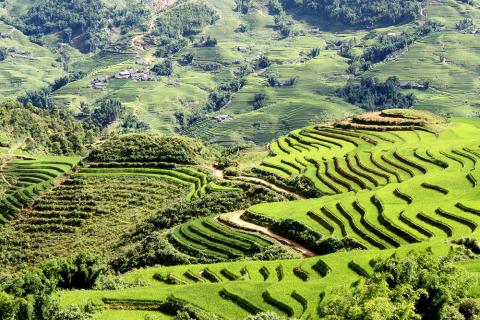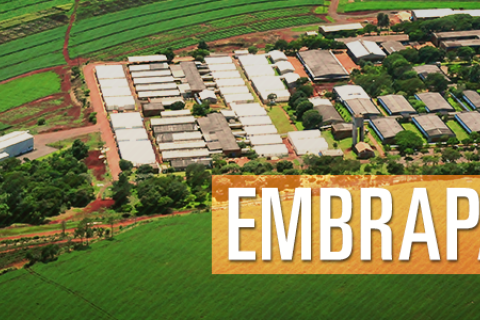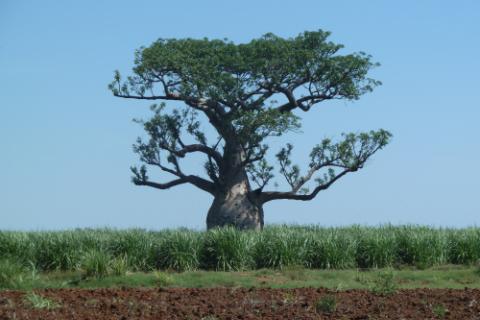Lorenzo Cotula and Thierry Berger: On Transparency around Land Investment Contracts
By Liam Kelley-St. Clair
Contracts between governments and private investors for large-scale land, agriculture, and forestry projects often play a critical role in the governance of these projects. Yet, despite their significance, such contracts are often kept hidden from the public eye. Amongst the many initiatives seeking to shed light on these deals, OpenLandContracts.org, an initiative of the Columbia Center on Sustainable Investment (CCSI), works to advance transparency by serving as a centralized online repository of publicly available land, agriculture, and forestry contracts between investors and governments.
Land degradation and migration: Will restoring the land keep people at home?
This blog originally appeared on UNDP
16 Jun 2017 by Phemo Kgomotso, Regional Technical Specialist, Ecosystems and Biodiversity, UNDP Regional Service Centre for Africa
Would forced migration end, if people knew that they could survive and thrive in their homeland?
Land-rights policies in Latin America still fall short, studies show
Scientists present their findings on forest tenure and land use at a major conference in Peru
Peru - Latin American countries have made progress in granting land rights to communities in recent years. Nevertheless, policies often fail to consider the diversity of those communities and the different ways they use their land.
Eight reasons why tribal people are great conservationists
By Lewis Evans, Survival International
For Earth Day (April 22), Survival International reveals some of the amazing ways in which tribal peoples are the best conservationists and guardians of the natural world:
1. The Baka “Pygmies” have over 15 words for elephant
The Baka people know so much about elephants, they have different words for them according to their sex, age and even temperament.
How Land Reform Shaped Asia’s Tiger Economies
By Roy Prosterman
Asia’s Tigers, the collection of booming economies that emerged in the East following World War II, are often hailed as economic miracles. There was, though, no “secret sauce” behind that sustained and broad-based economic growth. Rather, as Myanmar is poised to show, the key ingredient for a Tiger economy can be found right beneath our feet.
Three myths about rural women
Common stereotypes can hinder the advance of women’s opportunities on the ground
By Ruth Meinzen-Dick, Agnes Quisumbing, and Sophie Theis
How are Coca-Cola and PepsiCo stacking up on land rights?
This blog was originally posted at: http://politicsofpoverty.oxfamamerica.org/2016/10/how-are-coca-cola-and-...
Coca-Cola and PepsiCo have adopted “zero-tolerance” for land grabs in their operations around the world. Oxfam checks in on how they’re doing in Brazil.
The sugar rush in southern Africa
By Ian Scoones, Professorial Fellow at the Institute of Development Studies, and the Director of the ESRC STEPS Centre at Sussex












